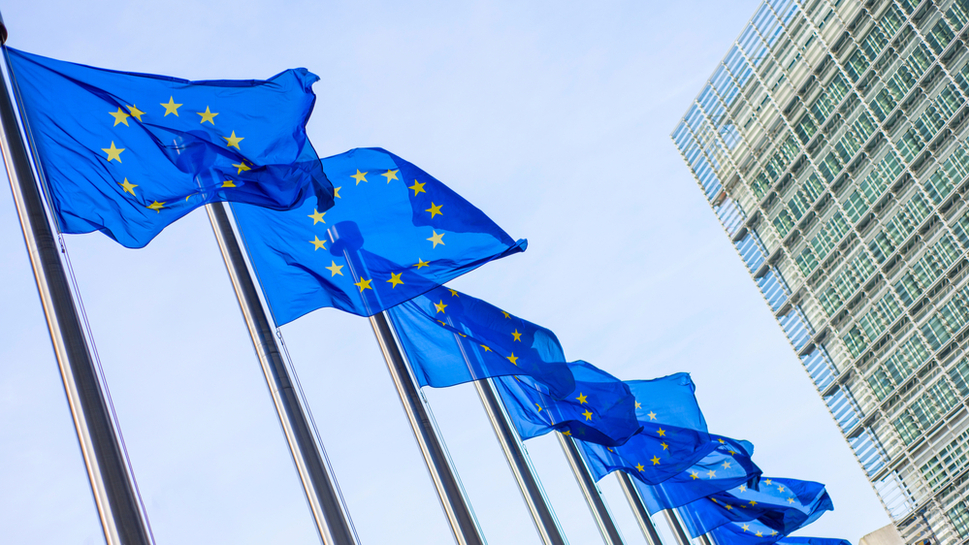Google, Meta and the rest will be forced to explain their mysterious algorithms
The EU's new Digital Services Act means that tech giants will need to open up their algorithms for inspection

The European Commission is moving ahead with the Digital Services Act, an attempt by the regulatory and legislative body to police the actions of America's large tech giants.
The EU finalized the DSA on Friday, after 16 hours of negotiations, revealing how the piece of legislation would work in practice and which companies it would target.
"The time of big online platforms behaving like they are ‘too big to care’ is coming to an end," said Thierry Breton, the commissioner for the internal market.
The president of the European Commission, Ursula von der Leyen, said the DSA "will upgrade the ground-rules for all online services in the EU”.
“It gives practical effect to the principle that what is illegal offline, should be illegal online. The greater the size, the greater the responsibilities of online platforms," she told The Verge.
While the EU hasn't yet released the final text of the DSA, the details released show that Meta, Google, and others will need to open up their recommendations algorithms – i.e. the mechanism whereby content feeds are tailored to the individual user – to all for inspection.
Platforms will also need to offer users alternatives to algorithmic feeds, which would likely mean the reintroduction of chronological feeds, as Instagram recently announced.
Are you a pro? Subscribe to our newsletter
Sign up to the TechRadar Pro newsletter to get all the top news, opinion, features and guidance your business needs to succeed!
EU expanding its reach
The goal of the DSA is, basically, to regulate huge tech giants that are headquartered in America, which has historically put them just beyond reach of the EU, despite many, many attempts to impose fines and restrict their activities.
The DSA gives the EU power to levy heavy fines and ban services if they are perceived to not be doing enough to meet their obligations with regards to content moderation, targeted advertising, and more.
The legislation follows the Digital Markets Act, which aims to control "gatekeeper" companies that offer marketplace services in the EU.
While opening up algorithms for inspection might sound like a positive step in theory, the feasibility of the EU's proposal remains to be seen, especially without the final text of the bill.
Some, such as Meta's Dare Obasanjo, were quick to pour cold water on the proposal.
Asking tech companies to share how their algorithms work will be the most disappointing outcome from EU’s DSA. “We show people the photos & videos other users have liked & commented on the most” isn’t a diabolical plan but instead it’s human nature that does all the leg work.April 24, 2022
Reading about how Telegram is full of bad people because there’s no recommendation algorithm that lets you know there are groups of racists on the app.This is a funny contrast to the EU deciding the big problem is recommendation algorithms.https://t.co/D3ugCrhV19April 24, 2022
There is also evidence to suggest regular people are not as displeased with the behavior of Google and the like as the new proposals and quotes from the EC imply.
The DSA will take effect on 1 January 2024 at the earliest, but the start date will depend on precisely when the new rules are voted into law.
Max Slater-Robins has been writing about technology for nearly a decade at various outlets, covering the rise of the technology giants, trends in enterprise and SaaS companies, and much more besides. Originally from Suffolk, he currently lives in London and likes a good night out and walks in the countryside.